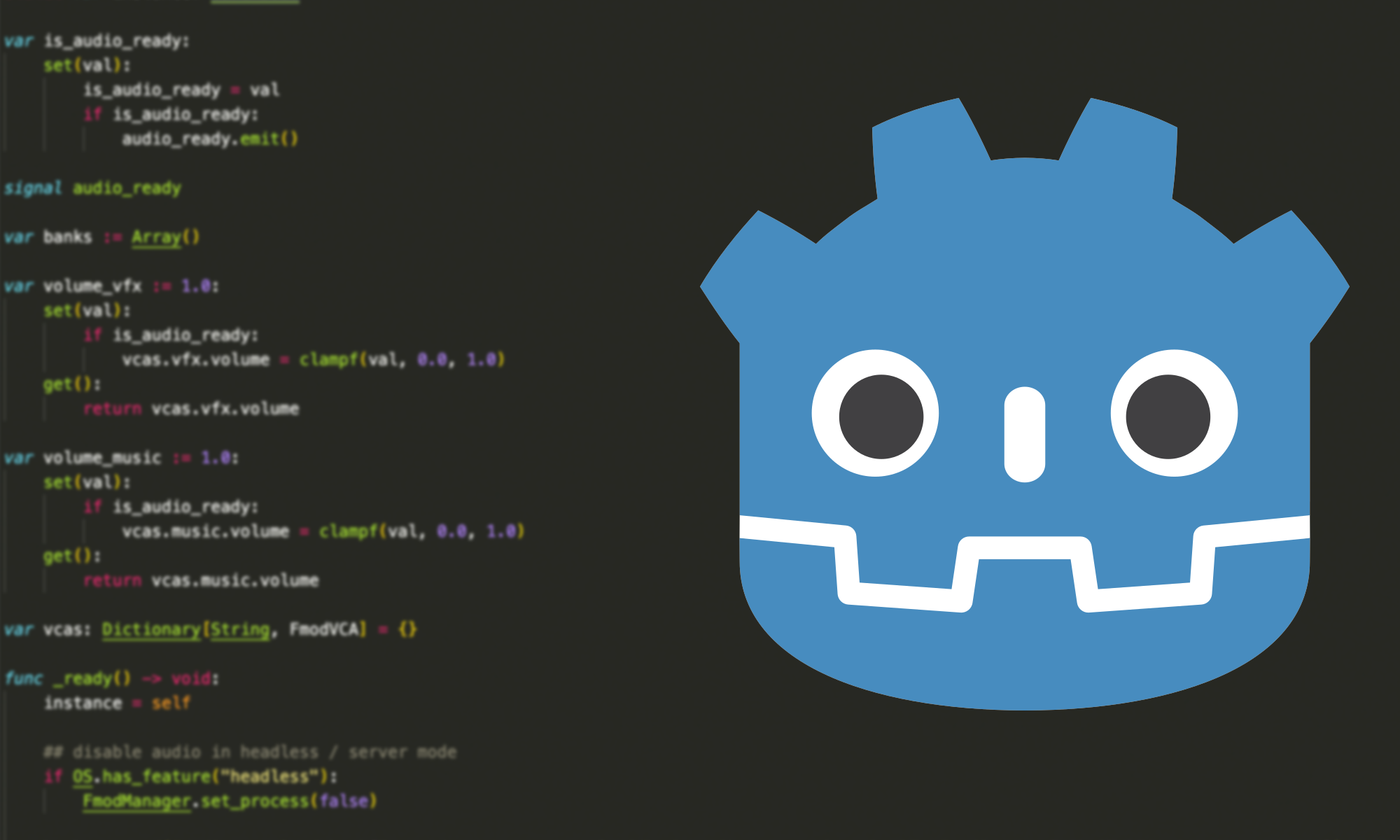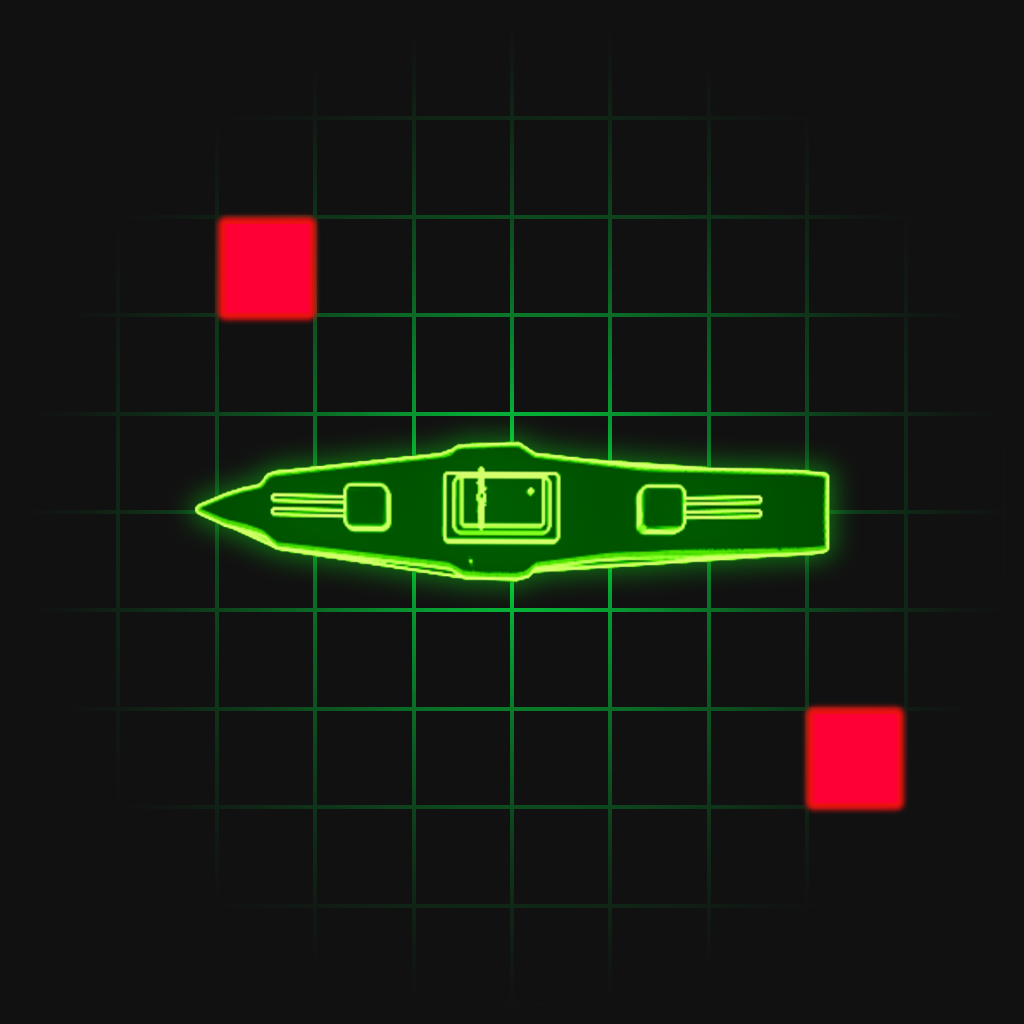You Don’t Need Globals in Godot: Use static var
What's one way to handle Global Objects in Godot?

In many games, you’ll want certain objects to be accessible from anywhere in your code. Think about the current level, the player character, or a UI manager. These are effectively global objects.
There are multiple ways to handle this in Godot:
- Add scripts to autoloads so they’re always available.
- Store references in some central manager.
- Do
get_tree().root.get_node("...")lookups every time you need them.
All of these work, but they can add complexity. There’s a simpler approach: use a static var instance inside the class itself.
The Static Instance Pattern
extends Node
class_name MyGlobalClass
static var instance
var instance_var: String
func _ready() -> void:
instance = self
instance_var = "hello world from instance"
Now, anywhere in your project, you can access it with MyGlobalClass.instance for example like this:
print(MyGlobalClass.instance.instance_var)
This gives you a global reference to the active instance of MyGlobalClass.
Why This Works Well for Global Objects
- Automatic reference — You don’t need to pass references around manually.
- No lookups — No more
get_node()path strings scattered in your code. - Scoped global — Only exists when the class is active in the scene.
- Readable —
GameLevel.instanceclearly communicates intent.
What Can You Do With It?
This pattern shines in a variety of everyday situations:
- Resetting the level – If the player presses a retry button or you need to reload the stage, you can call the reset function of the current level directly, without routing signals or passing references around.
- Accessing level properties – Things like difficulty, environment type, or custom rules can be read from anywhere in your code, since the active level is always available as a single reference.
- Spawning objects into the level – When enemies, projectiles, or effects need to appear, they can be placed into the current level immediately, without worrying about where in the scene tree the level is located.
- Coordinating with other managers – The current level can easily talk to other global-like managers (such as the player or UI), making it simple to trigger events like showing messages, playing sounds, or advancing the game state.



